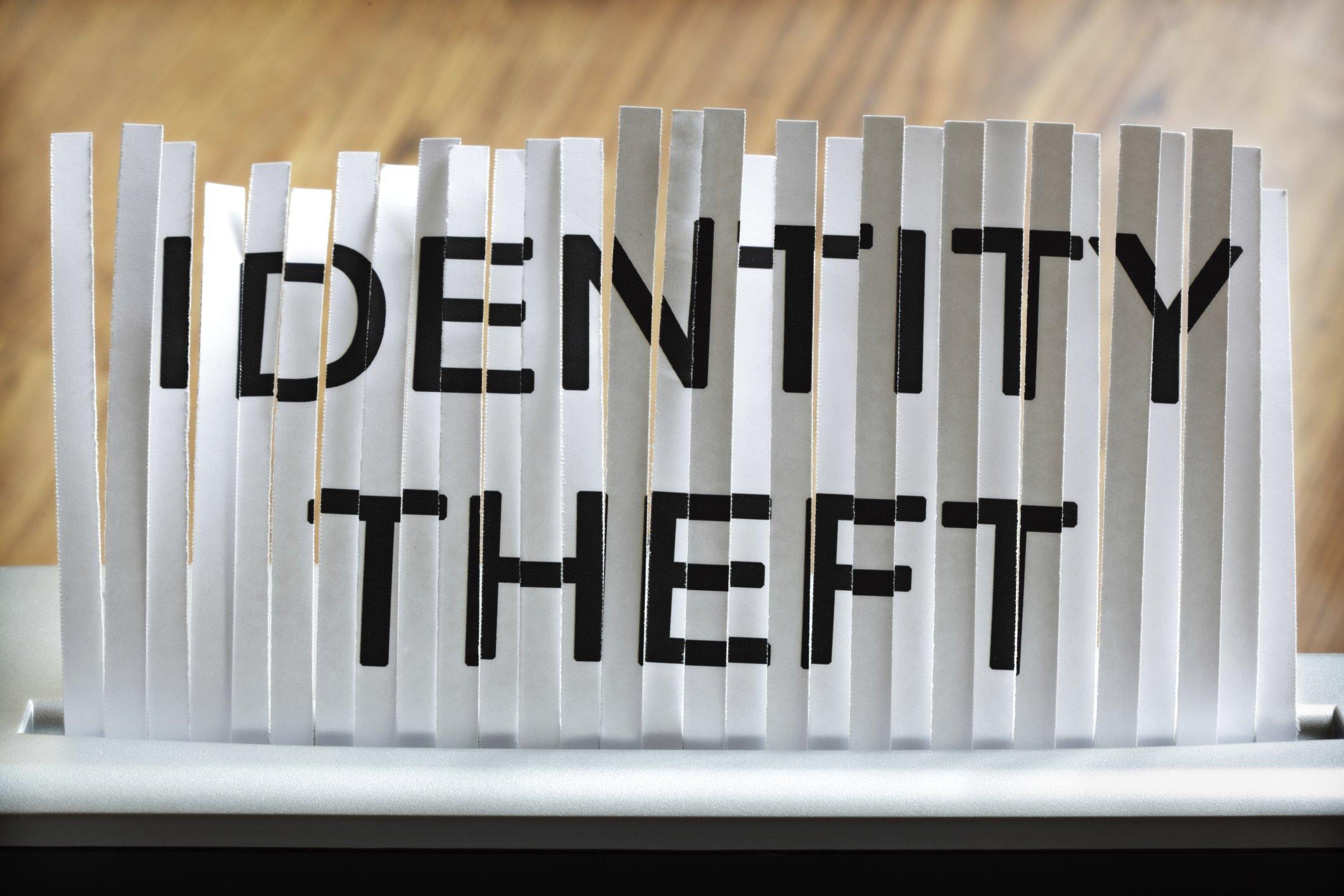
Thousands of students who never even applied to Auburn University have had their personal information, including Social Security numbers, exposed due to a security flaw discovered March 2. Information about 364,012 current, former and prospective students was accessible online between Sept. 1, 2014, and March 2, 2015.
“The exposure resulted from configuration issues with a new device installed to replace a broken server,” a statement on the university website reads. “After securing our server, we implemented additional network security measures.”
Exposed data includes names, addresses, email addresses, birth dates, Social Security numbers and academic information. The Alabama university had a 2014 enrollment of 25,912 students, but the pool of prospective students caught up in this incident is perhaps the most startling aspect of the breach. Universities can buy information students provide when taking standardized tests like the ACT or SAT, and prior to 2007, that included students’ Social Security numbers. People who have already gone through college without ever considering attending Auburn have been affected by this lapse in data security.
Investigators working with Auburn have not identified any incidents of data abuse related to this breach, according to the university statement, but if people got their hands on this data, the risk for fraud and identity theft will remain for decades. Auburn is offering two years of free credit monitoring and identity theft protection services to those affected, which may be helpful in the short term, but experts recommend lifelong monitoring when a Social Security number has been compromised.
Identity theft can be costly and time consuming to correct, particularly when a fraudster has engaged in damaging financial behaviors in your name. The sooner you spot unauthorized use of your credit information or identity, the more likely you are to avoid fraud-related problems like inaccurate credit reports, damaged credit scores and all the problems that come with that, like trouble getting a credit card or dealing with high interest rates when applying for a loan. You can keep an eye your credit scores for free every month on Credit.com to look for any sudden changes that may signal new-account fraud.
This article originally appeared on Credit.com and was written by Christine DiGangi.










